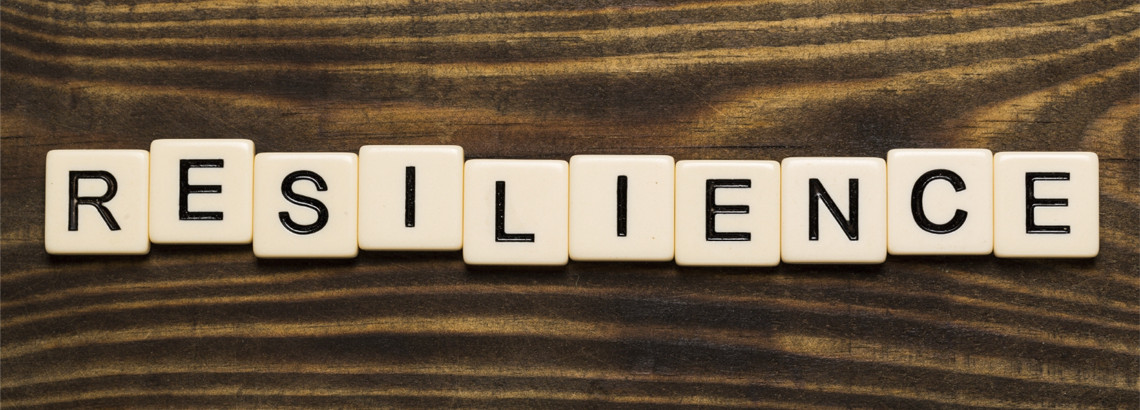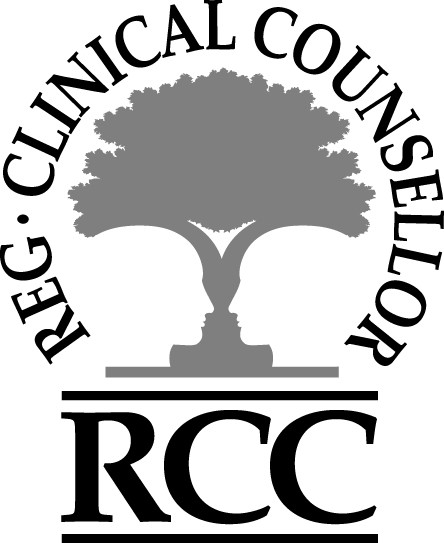At Sandstone Counselling Centre we use Response-Based Practice as our fundamental philosophy that guides our response to client stories of experiencing violence and other forms of oppression. Clients often share stories that include violence, domestic abuse, emotional abuse, racism, discrimination, and human rights violations with Counsellors. We listen carefully for how persons respond and find stories of resistance.
Domestic Violence | Emotional Abuse | Racism | Discrimination | Violence | Human Rights
Resistance is key. Allan Wade, a BC Psychotherapist, uncovered a new depth of understanding how people respond with resiliency, creativity, and previously not celebrated ways of resisting violence and oppression. Such creativity can be found when people respond with silence, mental resistance, a refusal to believe the oppressor, and many other safe ways to respond. As our clients re-story their stories in counselling, they discover new layers of strength within themselves. This discovery and recognition begins to inform the new ways in which they look upon themselves.
We join the Response-Based Practice team in changing our understanding the term “victim” and transforming it into “strength and creativity based resistance”. For more information on this approach, visit: www.responsebasedpractice.com
Is response-based practice counselling effective?
Response–based practice counselling is an effective method for helping individuals to understand and resolve their problems. Response–based practice counselling focuses on the development of an understanding of the individual‘s underlying feelings and motivations, which can then be used to guide the individual towards a more productive resolution.
This type of counselling also focuses on developing effective communication skills and encourages the individual to build meaningful connections with others. As such, response–based practice counselling can be very effective in helping individuals develop healthy coping skills and make positive changes in their lives.




